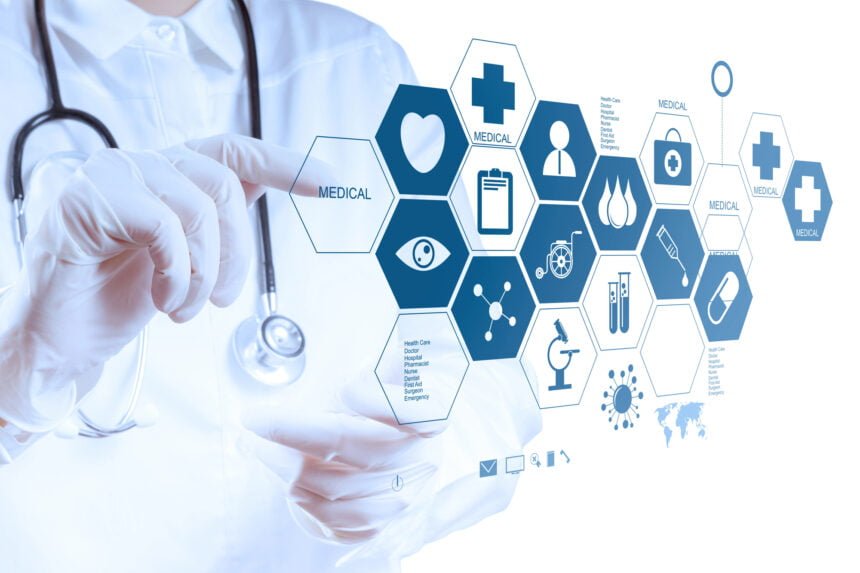The healthcare industry has been changing significantly over the last few years. One of the biggest trends is that hospitals and doctors are using new technology to deliver faster, more affordable and higher quality care to patients.
Data analytics can play a huge role in providing better medical care to patients. Healthcare providers spent over $43 billion on data analytics last year and that figure is going to rise every year. Keep reading to learn more.
What is Health Data?
Before we can discuss the role that health data plays in medical care, it is important to first understand what it is. Health data is any data that is relevant to your health, which can include data from a Fitbit, health surveys that you have taken or records from your healthcare providers. ScienceDirect mentions that health data can come in both primary and secondary forms.
Doctors and other healthcare providers can look at health data to get a better understanding of your health. This allows them to give better care.
How It Benefits You
There are a lot of ways that health data can help you get better quality healthcare by looking at real world evidence (you should read this Real-World Evidence definition to get a better understanding of what this means). Here are some of the most important benefits:
- Predicting future healthcare issues and taking important precautions. Preventive healthcare can significantly lower your chances of having a serious health condition in the future. It can also lead to better treatment outcomes by catching and treating serious problems early. Health data helps doctors recognize serious problems before they occur so they can come up with a good treatment plan.
- Identifying major environmental factors that need to be addressed. Many people develop health problems because of environmental problems, such as lead in their local water. Health data helps healthcare providers recognize that certain populations are being exposed to serious environmental health problems, so they can help policymakers address these problems and reach out to people that may have been affected so they can get evaluated.
- Get a better understanding of various health issues. Healthcare providers rely on new research to help their patients get better treatment. However, a lot of research is limited and uses small population samples. They can provide much better treatments when they have access to larger health datasets.
There are clearly a lot of ways that healthcare providers can use health data to help their patients. They will be able to keep offering better services as their understanding of these issues evolves.
Advancing Medical Research
Health data is very important in medical research. Clinicians can use it for the following purposes:
- Identify appropriate patient groups to focus on. Researchers can use health data to identify demographics that are most susceptible to various health issues or those that have been overlooked in previous studies. This helps them create new studies that can better treat these patient groups.
- Determining which healthcare interventions seem most effective. Clinicians can also use health data to see which interventions are most effective. They can compare data on different patients that have received different treatment plans to see which interventions seem to be working better. They will get a much more detailed picture when they have a lot of data to look at.
- See how different patient groups can respond to different treatments. One of the challenges with providing better healthcare is that some people respond differently to different treatments. Health data helps healthcare providers see a more nuanced picture and find the best treatments for different patient groups.
There are a lot of reasons that health data is improving the quality of medical research. This is going to lead to better outcomes in the years to come.
Connecting the Dots
Health providers can’t rely on theoretical ideas to deliver care to patients. They need real world evidence. Health data is the easiest way for them to determine the best treatment plan for their patients.

